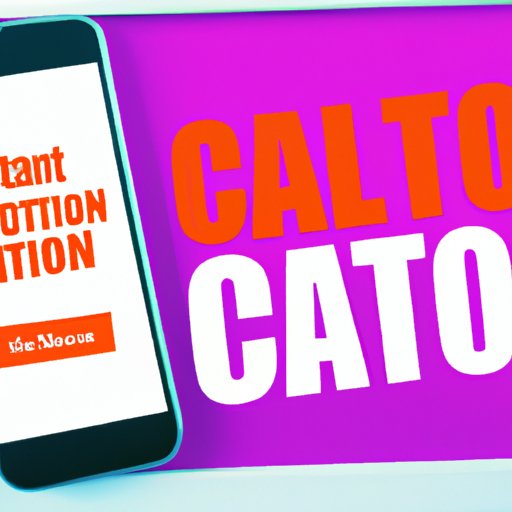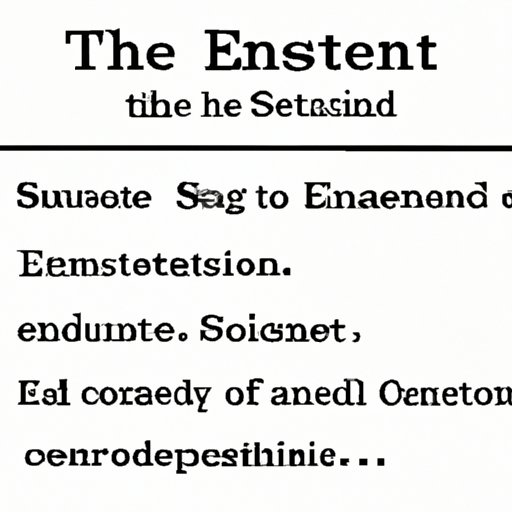Introduction
The conclusion of an essay is often the most difficult part for many students to write. It’s the last impression you leave on your reader, so it should be memorable and impactful. A good conclusion will summarize your main points, restate your thesis, and leave the reader with a strong final thought or opinion. In this article, we’ll explore the key elements of a successful conclusion and some effective strategies for crafting the perfect ending to your essay.
Summarize Your Main Points
Your conclusion should begin by summarizing your main points and arguments. This allows you to highlight the key ideas from your essay without repeating yourself. Restating your thesis is also essential in the conclusion, as it reminds the reader of your main argument. Additionally, provide a brief summary of the evidence you used to support your argument. This helps demonstrate the validity of your claims and reinforces the strength of your argument.

Offer a Final Thought or Opinion
The conclusion is the perfect place to explain the benefits of your argument. Show the reader why your argument is important and how it could have a positive impact. You may even want to suggest specific ways that your argument could be implemented or put into practice. This encourages the reader to think about the implications of your argument and how it could be applied in the real world.

Provide a Call to Action
Another great way to end your essay is by providing a call to action. Describe the potential impact of your argument and suggest specific steps that people can take to put it into practice. This provides the reader with tangible ideas for how they can act on your argument. Plus, it leaves them feeling empowered and inspired to make a difference.
Ask a Rhetorical Question
Asking a rhetorical question is another effective strategy for concluding your essay. Pose a thought-provoking question that encourages the reader to reflect on the implications of your argument. This engages the reader and prompts them to consider the bigger picture. It can also be a great way to get the reader thinking about how they can apply your argument to their own life and context.
Leave the Reader With a Strong Statement
Ending your essay with a bold statement can leave a lasting impression on the reader. Make a strong statement that demonstrates the implications of your argument and shows how it could have a significant impact. This gives the reader something to think about beyond the scope of your essay and encourages them to consider the wider ramifications of your argument.

End With a Relevant Quote
Choosing a relevant quote is another great way to end your essay. Select a memorable quote that relates to your argument and discuss how it ties into your main points. This adds depth to your essay and highlights the importance of your argument. It can also be a great way to leave the reader with something meaningful to ponder.
Conclusion
In conclusion, the conclusion of your essay is an important element. It’s the last impression you leave on your reader, so it should be memorable and impactful. To craft the perfect ending, begin by summarizing your main points and restating your thesis. Then, offer a final thought or opinion, provide a call to action, ask a rhetorical question, and leave the reader with a strong statement. Finally, end with a relevant quote that ties into your argument. By following these steps, you’ll be able to create a powerful conclusion that leaves a lasting impression.
(Note: Is this article not meeting your expectations? Do you have knowledge or insights to share? Unlock new opportunities and expand your reach by joining our authors team. Click Registration to join us and share your expertise with our readers.)
